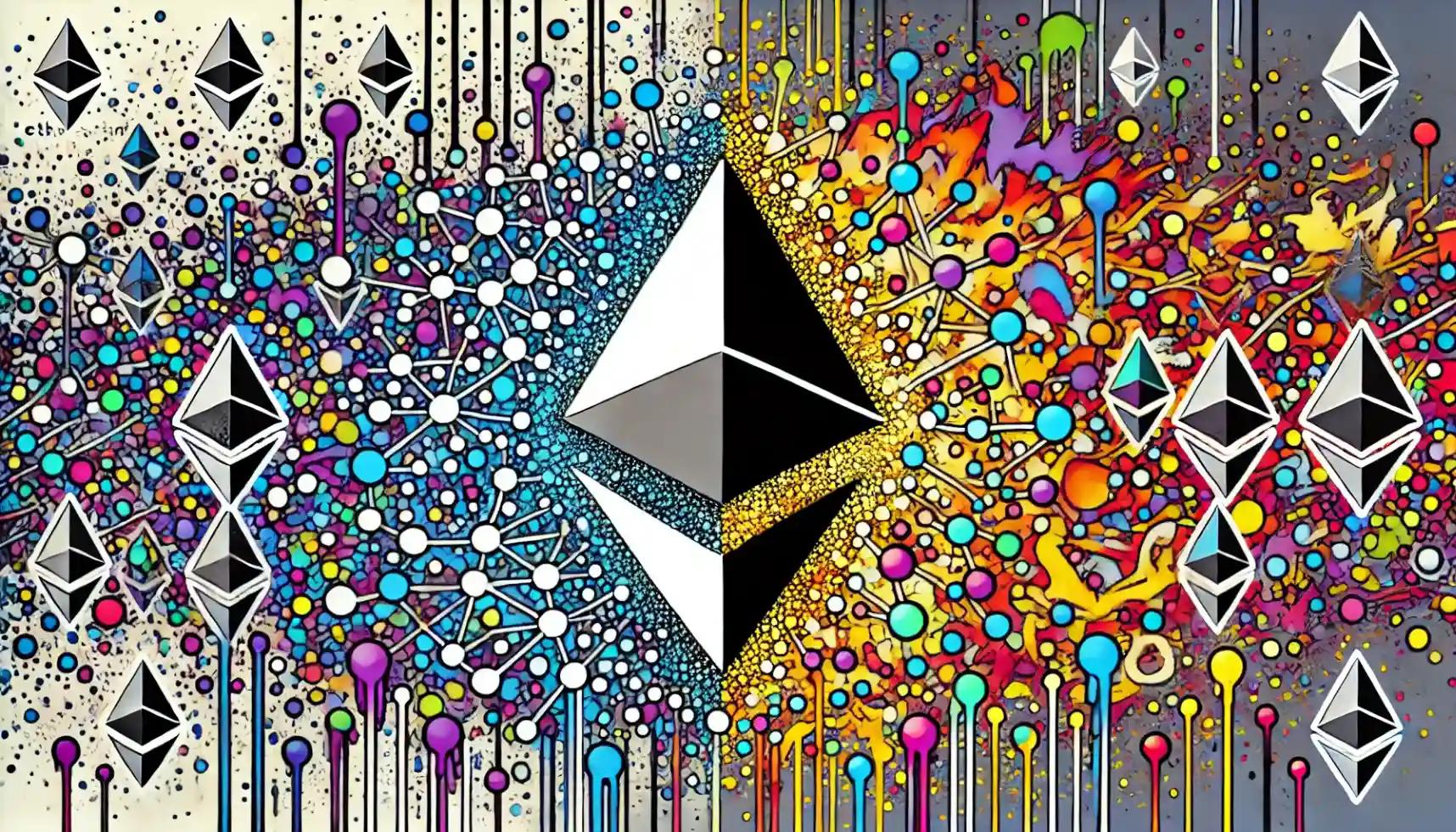
This article comes to you with the generous support of Crypto-Games. Sign up now and get the rewards that await you at Crypto-Games with an up to 200% deposit bonus!
Ethereum is an open-source platform that will enable developers to build and deploy their own smart contracts and decentralized applications. At least, that was the main goal Vitalik Buterin and co-developers had in mind when he launched the blockchain in 2015.
In fact, recent events suggest that Ethereum may be as decentralized as we once thought. The assumptions about Ethereum centralization started when the blockchain transitioned from Proof-of-Work to Proof-of-Stake using the Merge update.
Being the second-largest cryptocurrency by market capitalization, these Ethereum centralization assumptions have profound implications. In this article, we'll discuss what makes Ethereum decentralized and why several critics have raised concerns about its potential centralized nature.
Looking to cash in on Ethereum? Trade on KuCoin, the go-to exchange for top coins. Secure your spot and ride the wave of crypto opportunities!
What Makes Ethereum Decentralized?
What do we mean by Ethereum decentralization? Here, decentralization means that a network of participants handles control and decision-making, not any one person or entity.
So, how does Ethereum decentralize its architecture? Let's take a look at a few of the characteristics of the blockchain.
- Ethereum works over a global network of nodes with more than 1 million active validators keeping the blockchain running.
- In the spirit of openness and community, anyone can review, make changes, or even create a new version of the project with the open-source code.
- The consensus mechanism of Ethereum, after it transitions to Proof-of-Stake, is such that anyone with 32 ETH can be a validator and help secure the network.
- The Ethereum Improvement Proposal (EIP) process allows every member of the community to propose and debate protocol changes, further encouraging decentralized governance.
- While other protocols have been integral to MEV strategies in Ethereum, PBS (Proposer-Builder Separation) is now central. It's not officially part of the Ethereum protocol yet, but due to MEV-Boost services (like Flashbots), about 90% of blocks are built using it. In short, validators propose blocks, while specialized builders construct them, which introduces a more competitive environment for block construction, aiming to decentralize and improve fairness. However, some confusion persists, as MEV-Boost supports a form of PBS, but the broader concept of PBS itself is not yet fully native to Ethereum.
These features aim to create a resilient, transparent, and community-driven ecosystem that resists censorship.
Is Ethereum Really Centralized Though?
Despite its decentralized design, Ethereum faces several challenges that have led to concerns about centralization in practice.
One of the primary concerns is the concentration of ETH holdings. According to DefiLlama data, approximately 85% of Ethereum's total staked liquidity is managed by just four entities:
In May 2022, Vitalik Buterin thought that no liquidity staking service would ever be greater than 15%. This wealth concentration could potentially lead to the centralization of power within the network. The concern about Ethereum centralization becomes more urgent should regulators decide to use these validators.
How Is Ethereum Addressing Centralization Concerns?
The Ethereum community and core developers are actively working on several initiatives to mitigate centralization risks and enhance the network's decentralized nature.
One significant proposal is implementing a two-tiered staking system, as suggested by Ethereum co-founder Vitalik Buterin. This system would have a high-complexity tier that can be slashed for about 10,000 active participants. Then, it'll have a low-complexity tier that can be slashed infrequently for fewer participants.
Additionally, efforts are being made to simplify node operation through statelessness, which could potentially allow nodes to run with minimal data requirements, even on smartphones, in the long term.
Need a smart way to trade new tokens? Let Telegram bots handle it—get started with Maestro now and stay ahead of the market!
What Does the Future Hold for Ethereum's Decentralization?
The future of Ethereum's decentralization will largely depend on the successful implementation of proposed solutions and the continued engagement of its community.
Key entities that will play crucial roles in shaping Ethereum's decentralization include:
- The Ethereum Foundation
- Major staking providers like Lido and Rocket Pool
- Core developers and research teams
- Decentralized autonomous organizations (DAOs) built on Ethereum
- Regulatory bodies whose actions may influence the network's structure
So Is Ethereum Decentralized or Not?
On the one hand, its structure and initiatives, such as staking pools and decentralized staking alternatives, support a distributed network that resists single points of control.
On the other hand, the concentration of power among major entities like Lido, Coinbase, and Binance, as well as control over Layer 2 solutions, introduces significant centralization concerns. Therefore, Ethereum is decentralized in many respects, but it still faces considerable hurdles preventing it from being fully decentralized.
Conclusion
The Ethereum community and developers are already making efforts to address the Ethereum centralization issues. However, making Ethereum fully decentralized is a gradual process that will require time, technological advancements, and the active participation of the entire ecosystem.
Vitalik Buterin has even mentioned that fully solving the Ethereum centralization issues may take up to 20 years. His statement highlights the complexity of the problem and the need for ongoing community efforts.